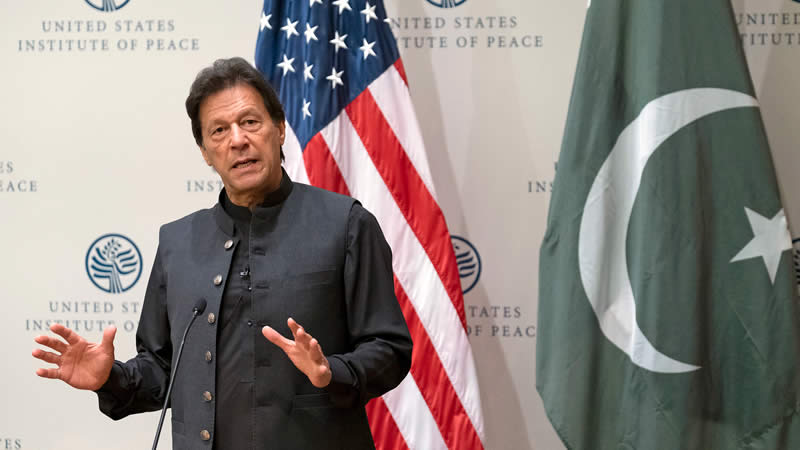 MANAMA: Former Saudi ambassador to Washington Prince Turki Al-Faisal Sunday felt that America’s credibility and honesty have been seriously compromised following the recent publication of hundreds of confidential diplomatic cables.
MANAMA: Former Saudi ambassador to Washington Prince Turki Al-Faisal Sunday felt that America’s credibility and honesty have been seriously compromised following the recent publication of hundreds of confidential diplomatic cables.
Speaking at the concluding session of the 7th International Institute for Strategic Studies Regional Security Summit at the Ritz-Carlton, Prince Turki said officials will henceforth find it extremely difficult to engage in frank discussions with American diplomats.
“When you are speaking to a journalist you know for sure that it is for publication. However, when government officials are speaking to diplomats they speak in the belief that those conversations will remain confidential,” said the prince who now heads the Riyadh-based King Faisal Center for Research and Islamic Studies. “This is a serious breach of trust and security.”He added that WikiLeaks poses a serious danger to all governments and called for meting out tough punishment for those responsible for the breach. “If diplomats can’t exchange views then we are all in trouble … Therefore, whoever is responsible for WikiLeaks must be rigorously punished,” he said.
As has been widely reported in the world media, the cables sent in by US envoys in Riyadh and Jeddah to Washington, D.C., contained highly spurious information on and about Saudi leaders. Some of them insinuated that the Saudis had pressured Washington to attack Iranian nuclear enrichment facilities.
US Secretary of State Hillary Clinton, speaking on the first day of the Manama Dialogue, also took a hard line against the whistle-blowing website. “I believe this (WikiLeaks) attack, if left unpunished, will be just the first of many against anyone, anywhere.”
In response to a separate question from a delegate on public diplomacy, Prince Turki appreciated the fact that US diplomats were now “lecturing less and listening more.”
“I can speak only for my country, and can state for a fact that the previous ambassadors were reluctant to go out and meet people. They would rather confine themselves to their fortified embassy in Riyadh. Now, however, they are beginning to go out and interact with the people … They are going out to the rest of the Kingdom which is a good development. It is important for them to understand what people feel about them.”
On the issue of Palestine, Prince Turki said the US can do a lot by putting pressure on Israel. “The Americans can crack the whip as they have done in the past,” he said, referring to the decisions of US Presidents Dwight Eisenhower, Jimmy Carter and Ronald Reagan. “In 1978, the US charge d’affaires in Israel told Prime Minister Begin that they cannot use American weapons in the attack on their neighbors. Period. That tactic worked,” he said. “President Reagan used the similar argument in 1982 … so there have been notable instances in the past where the US exerted pressure on Israel for the good of the region.”
On the Palestinians’ part, he said they can pressure Israel by resorting to civil disobedience and by ending conflict between Hamas and Fatah. He described differences between Hamas and Fatah as “shameful”.
Prince Turki appreciated Clinton’s reiteration of the Obama administration’s commitment to the two-state solution. In her opening address at the Manama Summit on Friday, Clinton said President Obama was committed to achieving a two-state solution to the Israeli-Palestinian conflict, and a comprehensive Arab-Israeli peace. “We are working intensively and in close consultation with many of the countries represented here in Manama to create the conditions for negotiations that can produce the peace that has eluded us for so many years,” she said. “Negotiations are the only path that will succeed in securing the aspirations of the parties, for the Israelis, security; for the Palestinians an independent, viable, sovereign state of their own.”
On Iran, Prince Turki said Tehran needs to address the concerns of the international community. “I am sure Iran is aware of the possibility and concerned about being attacked by Israel or the United States or both. They know what is expected of them by the International Atomic Energy Agency. The ball is in their court.”
About the problems plaguing the Muslim world, he said things began to go wrong in the region after the Kamalist revolution in Turkey. “The replacement of Shariah law (by the secularist Kemal Ataturk) led to the downward slide,” he said.
The annual Manama Dialogue organized by the London-based International Institute of Strategic Studies (IISS) drew prime ministers, foreign ministers, defense ministers, military officials, intelligence chiefs and private sector heads from across the region and beyond.
Prince Turki paid fulsome tributes to the organizers and said: “The Manama Dialogue has become a reference point. It is not just a place of words, but hopefully action afterward.”
The security summit enabled 26 government delegations and more than 350 delegates to engage in three days of discussion on Middle East security and cooperation. In particular, the IISS Manama Dialogue — through its unique format of formal speeches, more than 100 bilateral meetings between government representatives, and debate in off-the-record simultaneous special sessions — allowed a nuanced examination of current and emerging threats to regional security, how these are inextricably linked with global security concerns and the role of outside powers in enhancing regional stability, a theme that pervaded the special and keynote addresses, five plenary sessions, four special sessions and numerous press conferences.
In his concluding remarks, IISS Director-General and Chief Executive John Chipman said: “This is not a place at which delegation leaders simply repeat known government positions. At this dialogue, we have witnessed genuinely new impulses given to the search for regional peace and security. Policy statements have been largely precise, not obfuscated by the fog of diplomatic formulation, but sharpened by very clear language and direct appeals for commitment to new initiatives and effective dialogue – Arabnews











